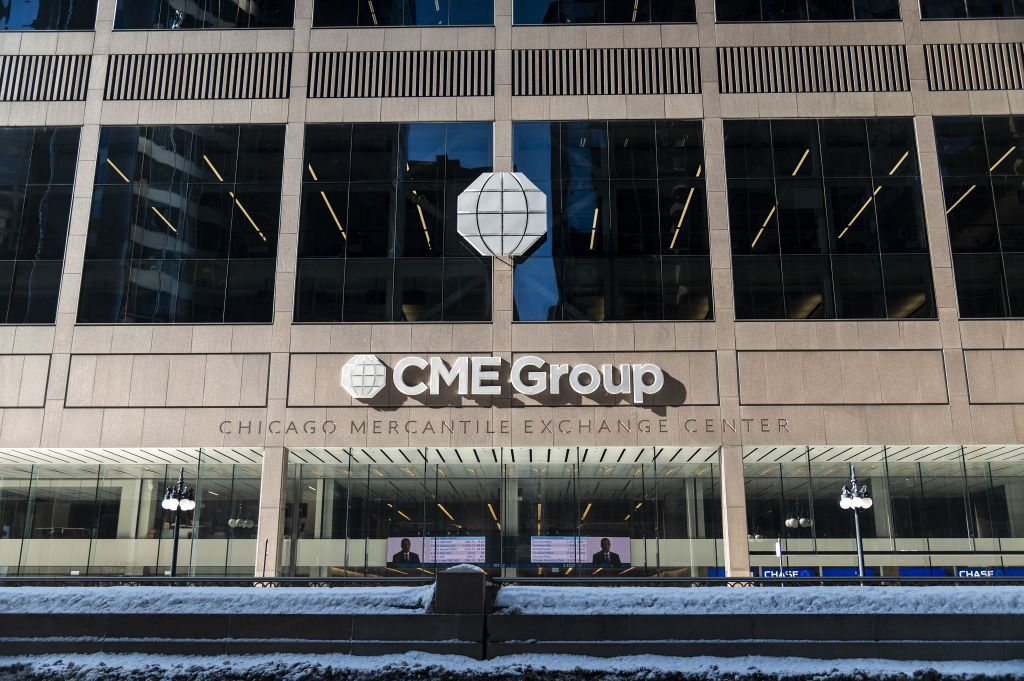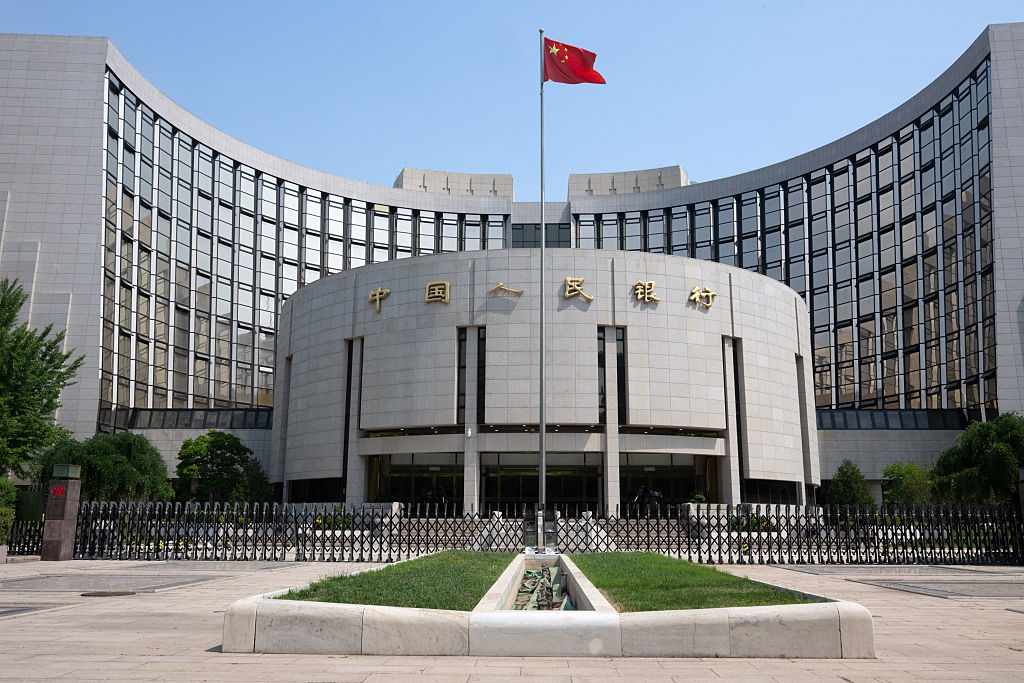Why it’s time to buy shares in Asos
Shares in Asos, the once-pricey online fashion retailer, are on sale – snap them up while they're cheap, says Matthew Partridge.


Get the latest financial news, insights and expert analysis from our award-winning MoneyWeek team, to help you understand what really matters when it comes to your finances.
You are now subscribed
Your newsletter sign-up was successful
Want to add more newsletters?

Twice daily
MoneyWeek
Get the latest financial news, insights and expert analysis from our award-winning MoneyWeek team, to help you understand what really matters when it comes to your finances.

Four times a week
Look After My Bills
Sign up to our free money-saving newsletter, filled with the latest news and expert advice to help you find the best tips and deals for managing your bills. Start saving today!
Few shares (or shareholders) have endured such a rollercoaster ride as those of online fashion retailer Asos (LSE: ASC). Between 2010 and early 2014, the share price soared tenfold, then fell by about two-thirds. Since then, Asos has seen several other cycles of boom and bust. It rallied during the pandemic, when analysts predicted that it would benefit from the shift towards online retail caused by the closure of brick-and-mortar stores. But as the global economy has reopened, the shares have hit another stumbling block – the price is down by 70% on this time last year. Is this a buying opportunity, or does it have further to fall?
I believe it is the former. Despite the ups and downs of the Asos share price, it continues to enjoy strong sales growth. Sales have risen from £1.45bn in 2016 to £3.91bn in 2021. That works out at an increase of 171% – or 22% a year. While some of the growth generated by the pandemic will disappear as people return to shopping in bricks and mortar shops, analysts still expect Asos’ sales to keep growing both this year and in 2023, albeit at a slightly slower rate.
Asos looks cheap relative to history
Of course, profits have been a bit more volatile than sales. Profits are expected to fall by a quarter this year, partly down to rising inflationary pressures. However, they are expected to rebound in 2023 – and again the overall trend is positive, with profits increasing fivefold between 2016 and 2021. Asos has also been able to deploy its capital efficiently, with a return on capital expenditure of more than 10%.
MoneyWeek
Subscribe to MoneyWeek today and get your first six magazine issues absolutely FREE

Sign up to Money Morning
Don't miss the latest investment and personal finances news, market analysis, plus money-saving tips with our free twice-daily newsletter
Don't miss the latest investment and personal finances news, market analysis, plus money-saving tips with our free twice-daily newsletter
Asos has taken further steps to ensure that growth continues beyond the next few years. Last year it bought several key brands from the wreckage of the Arcadia Group, including Topman, Topshop, Miss Selfridge and HIIT. Not only will this help it to boost its sales and market share, but it will also benefit profit margins, compared to just selling clothes made by third parties. The company is also investing in additional warehousing and distribution capacity, something that will help it to improve service and keep costs under control.
But perhaps the most compelling reason for buying into Asos today is its valuation. Years of growth, combined with the poor performance of its shares, have transformed it from one of the most overvalued shares on the market to one that is now priced like a mature company, not one with years of strong growth still ahead of it. It now trades on only 13 times 2023 earnings, which is a very low level given its past record.
Of course, just because a share is oversold, doesn’t mean that it can’t fall further before it recovers. So, with Asos’ shares still well below their 50-day and 200-day moving averages, I’d wouldn’t immediately go long, but instead wait until they rise to over 1,800p. When that happens, I would go long at £2 per 1p, putting the stop loss at 1,305p. This would give you a downside of £990.
Trading techniques... what’s in a name?
The last two years have seen several major companies change their name. Most notable was Facebook’s decision to rename itself Meta Platforms (aka Meta) in late October. Mark Zuckerberg, chief executive of the social media giant, presented this as a move which reflected the company’s long-term shift from traditional social media towards the “metaverse” (which involves, among other things, virtual reality). Cynics argued that it was an attempt to distract from slowing growth (especially among younger users) and the looming threat of regulation. Certainly the move doesn’t seem to have helped Meta/Facebook’s share price, down by a third in the last five months.
Still, there’s definitely evidence that a name change can work in the short term if it shows a company jumping on a bandwagon. For example, a 2002 study by Michael Cooper and others from Krannert School of Management, Purdue University, found that during the dotcom boom of the late 1990s, companies that switched to names with the term “.com” outperformed the market by 74% within the next ten days. A follow-up study by Cooper two years later found that when the bubble collapsed, firms that stripped “.com” from their name similarly outperformed.
However, in the longer run, a name change is rarely a good sign. A 2007 study by Panagiotis Andrikopoulos of Coventry University, and Arief Daynes and Paraskevas Pagas of the University of Portsmouth, looked at 803 name changes in the UK from 1987 to 2002. It found that companies that changed names lagged the market for periods of up to 36 months, irrespective of how well or poorly they had done before the name change.
Get the latest financial news, insights and expert analysis from our award-winning MoneyWeek team, to help you understand what really matters when it comes to your finances.

-
 Last chance to invest in VCTs? Here's what you need to know
Last chance to invest in VCTs? Here's what you need to knowInvestors have pumped millions more into Venture Capital Trusts (VCTS) so far this tax year, but time is running out to take advantage of tax perks from them.
-
 ISA quiz: How much do you know about the tax wrapper?
ISA quiz: How much do you know about the tax wrapper?Quiz One of the most efficient ways to keep your savings or investments free from tax is by putting them in an Individual Savings Account (ISA). How much do you know about ISAs?
-
 Should you sell your Affirm stock?
Should you sell your Affirm stock?Affirm, a buy-now-pay-later lender, is vulnerable to a downturn. Investors are losing their enthusiasm, says Matthew Partridge
-
 Profit from pest control with Rentokil Initial
Profit from pest control with Rentokil InitialRentokil Initial is set for global expansion and offers strong sales growth
-
 In the money: how my trading tips fared in 2025
In the money: how my trading tips fared in 2025The success of the open positions offset losses on closed ones, says Matthew Partridge
-
 Coreweave is on borrowed time
Coreweave is on borrowed timeAI infrastructure firm Coreweave is heading for trouble and is absurdly pricey, says Matthew Partridge
-
 Circle sets a new gold standard for cryptocurrencies
Circle sets a new gold standard for cryptocurrenciesCryptocurrencies have existed in a kind of financial Wild West. No longer – they are entering the mainstream, and US-listed Circle is ideally placed to benefit
-
 Profit from other investors’ trades with CME Group
Profit from other investors’ trades with CME GroupCME Group is one of the world’s largest exchanges, which gives it a significant competitive advantage
-
 Investors need to get ready for an age of uncertainty and upheaval
Investors need to get ready for an age of uncertainty and upheavalTectonic geopolitical and economic shifts are underway. Investors need to consider a range of tools when positioning portfolios to accommodate these changes
-
 How much gold does China have – and how to cash in
How much gold does China have – and how to cash inChina's gold reserves are vastly understated, says Dominic Frisby. So hold gold, overbought or not